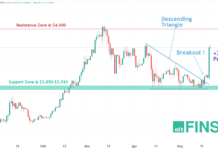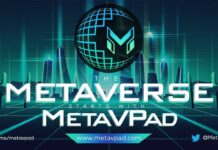Big data is as important to medical science as medical science itself. In fact it is often the harbinger of news according to Dr Mark Baker, a computer scientist and medical expert.
‘Consider the link between smoking and cancer.’ he says. ‘Originally people thought smoking was actually helpful for people with lung conditions. The coughing up of phlegm was seen as a sign that the cigarettes were a positive influence. The smoke expelled by mouth was also seen as a virtue.’
As Dr Baker points out it was only when Sir Richard Doll, then an epidemiologist working in the aftermath of World War II, began to look at why Britain had one of the highest instances of lung cancers, that his work with statistics began to make a difference. Originally the high instances were attributed to environmental causes such as the tar on the roads, but Sir Doll’s pioneering research in Oxford University into using statistical data proved the link between smoking and lung cancer, and other diseases.
It was a long process battling big tobacco companies, but Sir Doll’s statistical approach heralded a new era in medicine: the intellectual ascendancy of medical statistics. Dr Baker also attended Oxford: ‘Richard Doll was an intellectual mentor for my career.’ he says.
Already a fan of AI and increasingly of blockchain, Dr Baker set up Medichain, a project aiming to do two things: firstly to give access to patient data regardless of origin, and secondly to build up a global platform for big data to be gathered on an infinite range of medical conditions.
Putting Medichain on the blockchain also opens the door to funding from cryptocurrencies. Medichain aims to raise anything from between $2 million and $40 million to build its software platform.
MediChain states that its core principle is that data is owned by the individual, not the system.
‘It has taken us a year to get this far,’ he explains, ‘as we are working in a highly-regulated environment. All patient data must be protected under the HIPAA, the Health Insurance Portability and Accountability Act, we only provide access to where the data is: we don’t record the data directly.’
This has advantages for patients who can direct doctors to retrieve medical data from clinics or hospitals in different geographies or from different years. Core to the patient control is that patients can direct which of their records can be seen by anyone else. This has applicability in America where medical insurance is very expensive and sometimes people can be denied cover with certain conditions. This can in turn lead to potential job losses in some cases according to Dr Baker.
‘If a patient does not want to share sensitive information, they don’t have to.’ insists Dr Baker.
On the flip side, pharmaceutical companies devour data when developing drugs. ‘This can be facilitated by authorized permissions.’ he says.
Dr Baker maintains that big data can hold big business, like pharmaceuticals, to account. ‘If drugs are being oversold, then big data research can filter out untrue claims. It works both ways – big data found out tobacco was linked to cancer and it can also find cures for cancer.’















